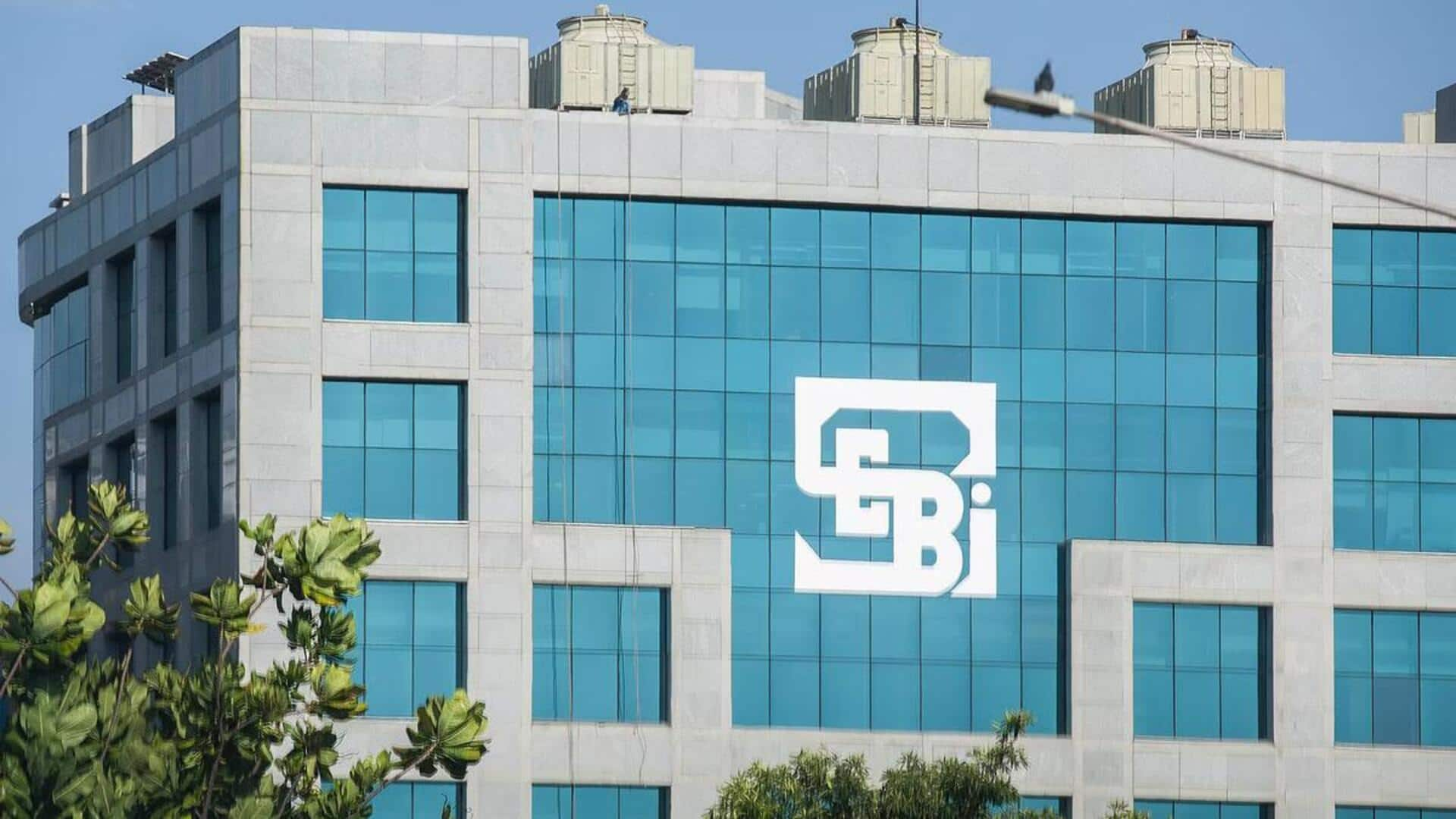
SEBI probes 6 banks for manipulating oversubscription of SME IPOs
What's the story
SEBI is investigating six domestic investment banks, for alleged malpractice in the IPO market. The focus of these investigations, which began earlier this year, is on fees charged by these banks to small and medium-sized enterprises (SMEs) during their IPOs. Preliminary findings suggest these banks have levied charges equivalent to 15% of the funds raised through IPOs, a rate significantly higher than India's standard practice of 1-3%. The inflated fees are allegedly being levied to ensure the offerings are oversubscribed.
Regulatory worries
Concerns over SME IPOs
SEBI's investigations are part of a broader effort to address potential risks in investing in certain small businesses, and to implement stricter regulations for such IPOs. In India, small and medium enterprises (SMEs) with an annual turnover ranging from ₹5 crore to ₹250 crore, list on separate sections of the BSE and NSE. These listings have less stringent disclosure requirements compared to larger IPOs.
Fee controversy
High fees linked to oversubscription
SEBI is also investigating potential collusion between banks and certain investors, who violate rules by placing large bids as both high net-worth individuals and regular retail investors. These bids, often withdrawn at the time of allotment, can attract more bids and investments from other investors due to their perceived popularity.
Regulatory actions
SEBI's measures to regulate SME IPOs
In response to these concerns, SEBI has taken steps to regulate the SME IPO market. In July, it limited share gains for a small firm's first day of trade at 90%. The regulator has also urged auditors and exchanges to prevent companies from listing, if there are concerns about the information provided in their IPO documents.